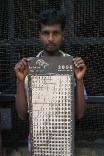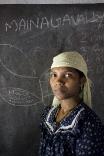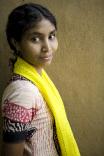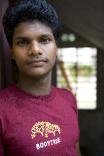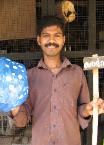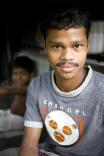| - Suresh
- Indigenous community: Nayika
- From: Wayanad, South India
| | - “Due to deforestation and the introduction of 'development projects', many tribal communities have been forced to move away from their indigenous ways of life, changing from living in the deep forests to living in modern society. For this reason, tribal communities are now facing more health problems than ever before. I want to study Ayurveda and indigenous medicine because I want to help improve the health problems of tribal communities and the society. I want to share the knowledge of indigenous medicine and bring back an interest in traditional practices.
-
- The education that Bodytree is offering provides the opportunity to understand the practices of traditional medicine. We are learning about ancient traditions that are being forgotten in our communities, I feel this is really important because it will help to preserve these valuable practices for future generations. By learning this, we can share the information with the next generation, and they can share it with the next generation, and so the knowledge won't be forgotten.
-
- I grew up in Kanavu, a school for tribal children from Kerala's Wayanad District. At Kanavu we share the traditional lifestyle, knowledge, music, dance and songs of indigenous communities in India. I want to continue this experience in my everyday life. I play triple drum, I sing and dance and I have been practicing Kalari martial art since I was 8 years of age. “
| |

